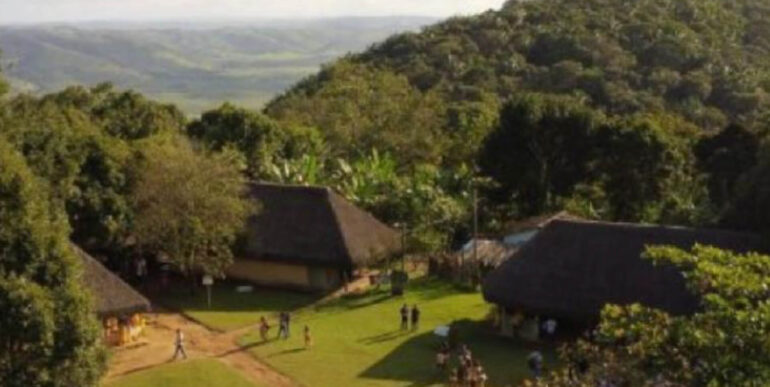Informacion del proyecto
Energy Developments collaborates on the Environmental Conservation Project for Quilombola Communities in Brazil, spearheaded by Oreasoc Agriculture Inc. This pioneering REDD+ initiative (Reducing Emissions from Deforestation and Forest Degradation) aligns with the United Nations Framework Convention on Climate Change (UNFCCC) principles. Its goal is to protect, restore, and manage 30 million hectares of Amazon rainforest in partnership with over 2,000 Quilombola communities, comprising 1.3 million individuals. This project not only fosters forest and biodiversity conservation but also promotes sustainable development for local communities, creating a replicable model for preservation and local empowerment.
Implementation Phases
The project is structured into four strategic phases to ensure sustainable integration and long-term impact in the region:
- Phase 1: Assessment, Planning, and Initial Implementation (2024)
The first phase establishes the project’s foundation through technical preparation and analysis of community needs. Critical areas are mapped to identify priority zones for conservation and reforestation. Covering 420,972 hectares, this phase directly benefits over 30,000 Quilombola individuals by building key infrastructure, such as schools and community centers, and offering training in sustainable agricultural practices. This approach prepares communities for active participation in conservation efforts and marks the beginning of collaboration between Energy Developments, Oreasoc, and local communities.
- Phase 2: Expansion and Consolidation (2025)
The second phase expands the project to an additional 2,594,026 hectares, including newly titled areas. It involves continuous development of infrastructure and support services, as well as training in sustainable forest management. Advanced monitoring technologies are implemented to protect conserved areas, and partnerships with local organizations are strengthened. This phase broadens the conservation network and consolidates the role of Quilombola communities as forest stewards.
- Phase 3: Certification and Sustainable Operation (2026–2038)
During this phase, a gradual certification process is implemented, certifying an average of 1.5 million hectares annually, reaching a total of 21,750,000 hectares by 2038. Certification under the Climate, Community, and Biodiversity (CCB) standards ensures the quality of the carbon credits generated, enhancing the project’s credibility in the carbon market. Revenues from these credits provide a continuous resource stream, ensuring sustainable economic benefits for the communities while preserving the natural environment and reducing deforestation.
- Phase 4: Long-Term Consolidation and Sustainability (2039–2048)
The final phase focuses on the project’s long-term sustainability. During this period, essential infrastructure is completed, and sustainable management practices established in previous phases are consolidated. Legalizing land ownership for Quilombola communities secures their property rights and long-term protection of natural resources. Continuous reforestation of degraded areas and ecosystem restoration efforts enhance carbon capture and biodiversity in the region, creating a resilient and sustainable development model replicable in future conservation projects.
Project Impact
This conservation effort generates significant environmental and social impact. It is estimated that the project will prevent the emission of over 7 billion tons of CO₂ over 25 years, directly contributing to climate change mitigation. Additionally, more than 3 million hectares will be reforested, restoring ecosystems and preserving critical habitats for various species, including those endangered.
Quilombola communities play a crucial role in the project’s success, bringing ancestral knowledge and sustainable resource management to ensure lasting and locally adapted impact. Carbon credits generated under CCB standards, meeting criteria for climate, community, and biodiversity, not only enhance the project’s value in the carbon market but also ensure credible emission reductions.
This REDD+ project is not just a conservation tool but also an economic opportunity for communities, advancing education, infrastructure development, and employment in sustainable practices.
By participating in this initiative, Energy Developments contributes to the protection of one of the planet’s richest ecosystems and the construction of a more sustainable and equitable future. This model addresses the climate crisis while fostering the social and economic development of local communities, paving the way for an economy that respects and preserves the environment.
Key Figures:
- Total Conservation Area:: 30 million hectares of rainforest.
- Projected Emission Reductions: Over 7 billion tons of CO₂ in 25 years.
- Estimated Reforestation: Over 3 million hectares.
- Quilombola Communities Benefited: More than 2,000, impacting 1.3 million individuals.
- CCarbon Credits Generated: Meet CCB standards, ensuring positive climate, community, and biodiversity impact.



